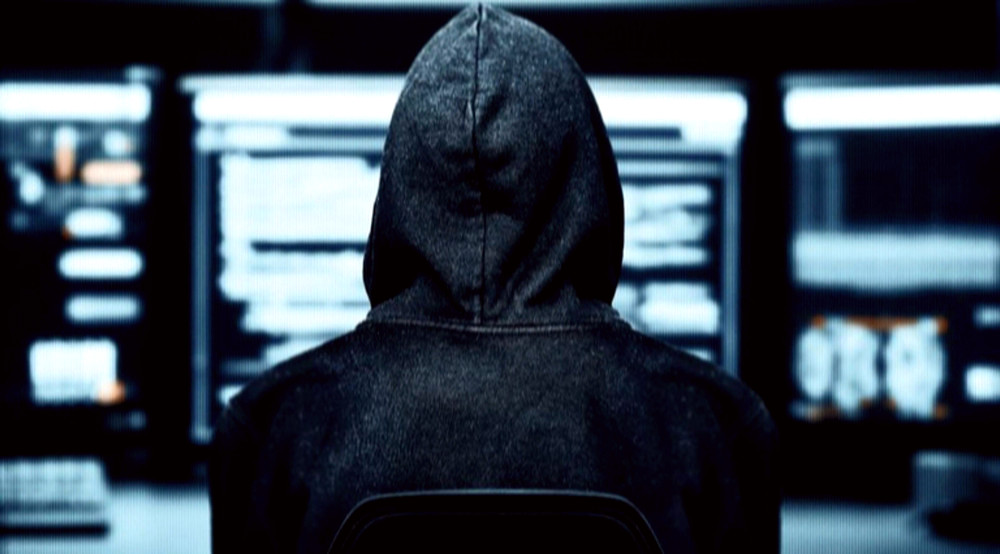In Hanoi, a new UN convention aimed at combating cybercrime was signed by 65 nations. This agreement allows for data exchange and the extradition of suspects. It will take effect once ratified by 40 countries.
The convention obligates nations to criminalize various cyber offenses, including hacking and data forgery, and to provide evidence when requested by other states. UN Secretary-General António Guterres emphasized that this initiative aims to foster a "global response" to digital threats.
However, human rights organizations and tech companies warn that the treaty could be a tool for mass surveillance. Representatives from Cybersecurity Tech Accord stated that the document is too vague, potentially allowing states to access encrypted systems without adequate justification.
Additionally, Human Rights Watch and the Electronic Frontier Foundation expressed concerns that the convention might jeopardize human rights by permitting the exchange of personal data without sufficient safeguards.
The UN Human Rights Office has called for clarifications regarding search and seizure of digital data to prevent political persecution.
Vietnamese President Lương Quang referred to the fight against cybercrime as a "new war" that inflicts significant economic damage globally. The convention also includes provisions to assist developing countries in enhancing their cybersecurity.
Nonetheless, advocates criticize Vietnam's selection as the host nation, citing its history of persecuting activists and bloggers. They highlighted that the convention could impact peaceful protests and online expressions of opinion.
